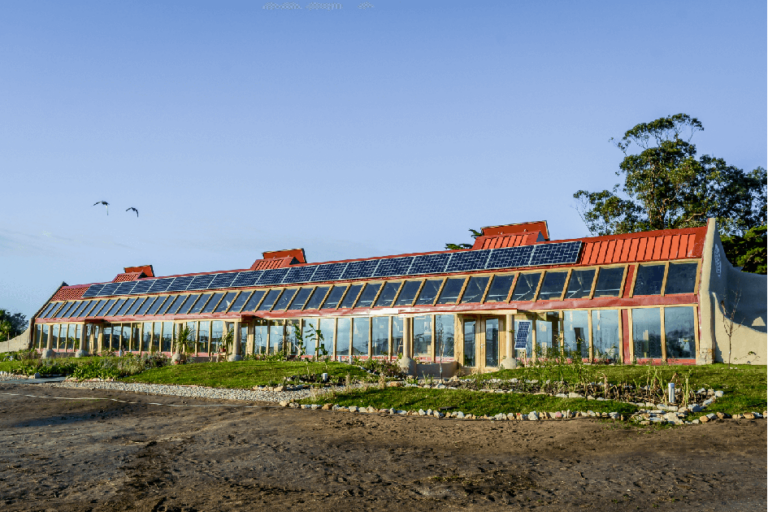While for most people used tires, cans, bottles and cardboard are trash, for the group that integrates the "A Sustainable School" program they are the perfect materials for the construction of small educational centers in rural areas.
Tagma and its happy initiative
Tagma is a Uruguayan non-profit organization whose goal is to have at least one sustainable educational center in every country in Latin America.
The way the project works is simple: the environmental organizations look for private companies to sponsor them. And, in addition, they conduct a paid training course for those who wish to learn green building techniques. The training experience is 60% of field work and 40% of classes taught by experts in the field, and includes lodging, meals and recreation. Once the building is completed, it is donated to the State to be managed as a public educational center.
Successful experiences
The first sustainable public school was born in Uruguay. After a couple of years of planning and paperwork, in 2016 in the town of Jaureguiberry, department of Canelones, 80 kilometers from Montevideo, a totally self-sufficient building was built in just 45 days. It has zero cost in heating, cooling, electricity and water consumption.
In 2018 in the Argentine city of Mar Chiquita, Buenos Aires province, a school was built that is self-sufficient in water, energy and heating, produces food and maximizes the use of resources.
In 2020, the Escuela Básica de Lo Zárate, Chile, was built and had to overcome all the complications of the pandemic. Finally, 55 students enjoy a sustainable and sustainable educational model.

Finally, in 2021, in San Jerónimo, department of Antioquia, the El Rincón School was transformed into the first public and sustainable school in Colombia. Fifty-two students receive knowledge in spaces that were made with a 40% of discarded material.
With this type of project, the organizers seek to ensure that children and young people throughout Latin America receive free education under a model based on respect for the environment and the reuse of waste, while at the same time minimizing operating costs.



